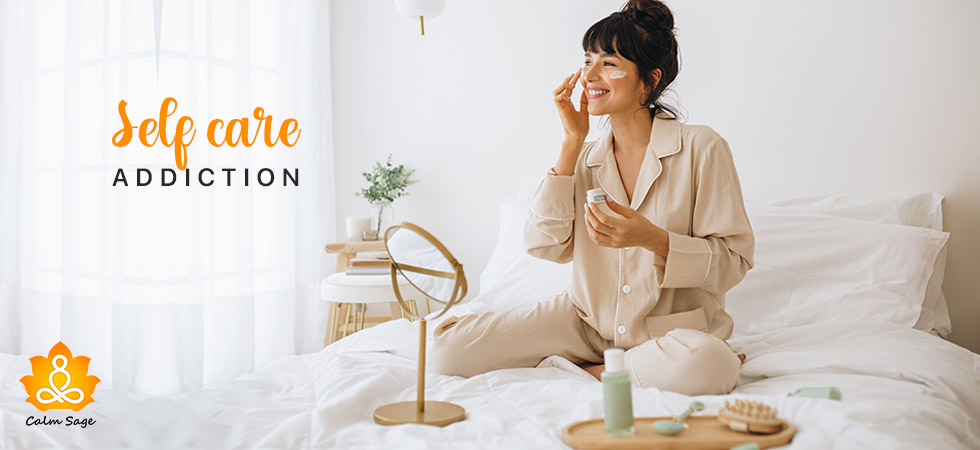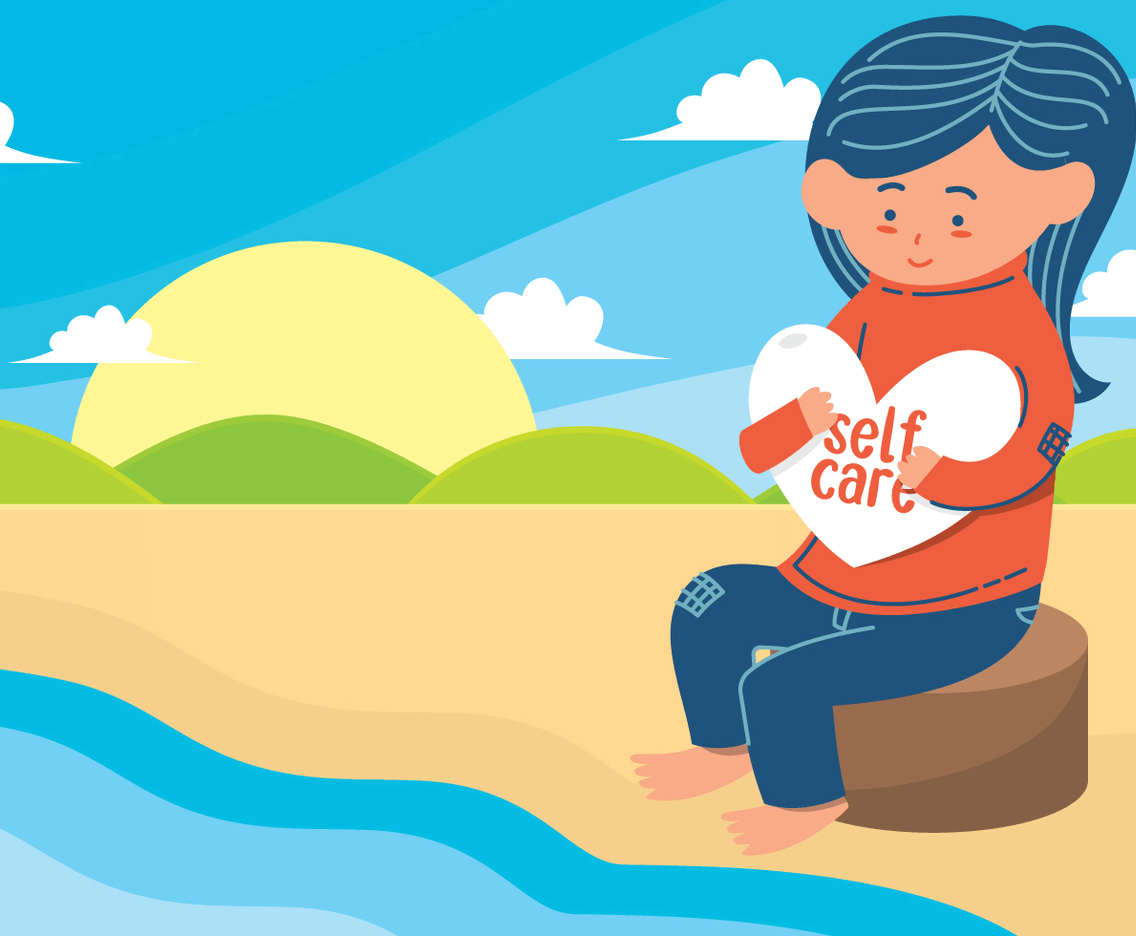Published In
Self Care

Self Care Addiction: Can Someone Be Addicted To Self Help?
Self help can be a powerful way to de-stress yourself, energise the mind and grow personally. Despite preaching self care activities and knowing its importance for better mental health, understand that it can take a form of self care addiction and may even show considerable problems in one’s personal life.
Self care addiction starts when someone has a constant pursuit to become better, seek happiness, become stronger and productive. No, it’s not a bad thing unless it starts taking over our happiness and you just don’t feel satisfied, no matter what. If you feel that self care is becoming a target rather than the feeling of being content, this blog is meant to help you ahead.
A Quick Idea About Self Help
Self help is also known as self guided improvement where one focuses on their own efforts to improve selves as well as achieve certain goals. People usually choose self help for:
- Mental health improvement where anxiety is reduced, mindfulness is practiced and one can feel more grateful in life.
- Career and education which helps in exploring careers and manifesting new opportunities.
- Health and fitness so that you can maintain weight and pursue goals.
- Improve and strengthening interpersonal relationships
What Are The Signs You Might Be Dealing with Self Care Addiction?
Whether you are fighting with disadvantages of self care or not, check out some of the signs:
1. The Time Consumed Is Much More Than Usual


One thing that self care activities require is your time. It is good in most of the cases as it makes your physical and emotional well-being powerful. However, giving your entire productive time in the self care activities can show significant wastage. Have you cut down your working hours or given up on your hobbies? Are you not giving enough attention to family, friends and partners? If yes then you may want to check other signs of self addiction too.
2. Your Relationships Are Interfered
Your efforts and devotion are good for one area of your life but if it causes problems with your loved ones like family members, partner or friends then the negativity is erupting. Yes, you understand the importance of self care but ignoring your loved ones is surely not a solution.
3. Causing Problems In Other Areas Of Life
Self care addiction may interfere with other goals of your life while interfering in work and performing everyday tasks. Let’s say, you are meditating or writing a journal for hours and hours that you can’t focus on academics or work fully, missing important meetings and appointments.
4. You Feel Bad About Yourself
Rather than feeling motivated and stronger than before, you are feeling demotivated or terrible about yourself. Hence, you must re-look at yourself and reevaluate your goals.
If such signs are already present and you are wondering about other common signs of self addiction problem, checkout:
- Mood swings
- Changes in appetite
- Change in sleep patterns
- Getting into risky behavior
- Inability to stop self care behaviors
- Experiencing financial difficulties
- Trying to hide behavior from everyone else
It is important to note that self help addiction is not an exact condition recognized in Diagnostic & Statistical Manual of Mental Disorders (DSM-5). However, if you are dealing with such signs then it is recommended to see a doctor or therapist.
Ask Yourself
- Does self help actions or activities make you feel incomplete or inadequate?
- Do you hide self care activities from others as you feel shameful for your acts?
- Do you often collect materials for self care but hardly put them into action?
- Have your family members or friends noticed you spending much time over self care activities?
- Do you find it difficult to stop yourself in pursuing self help goals?
What To Do If You Are Dealing With Self Care Addiction?
If some or all of the above signs and answers to your questions are showing toxic self care nature and speaking of self care addiction then you must take the following steps, starting from now.
1. Accept Yourself
Self-acceptance is the first step to any kind of recovery, including recovery from self care addiction. Self acceptance means recognizing your own flaws, accepting them the way they are and beginning the journey of dealing with addiction.
2. Choosing Right Self-Care Program
It is extremely important that you choose a self care program very carefully as some programs might just want to sell a number of books, videos, products and may even want to play with your insecurities. Instead of getting into self doubt, value your own strength and keep asking yourself if you feel inspired and motivated with every session or not.
3. Speak To A Professional
In case your definition of self care needs a new perspective, it is great to speak to a mental health professional. It is even necessary if you are overcoming issues like stress, depression, anxiety or other concerns. Let us also help you by lending a hand, all you have to do is message us at info@calmsage.com to connect you with a counselor or therapist as required.
Wrap-Up
By now if you are wondering if self care is bad, it’s a NO. Self care is a very important tool in your hand to keep a surreal check on your mental health. Although you just need to take care of self care addiction and do not let it crawl over your sanity and mindfulness. We hope you could take a great advantage of this blog and share your thoughts in the comments section below.
